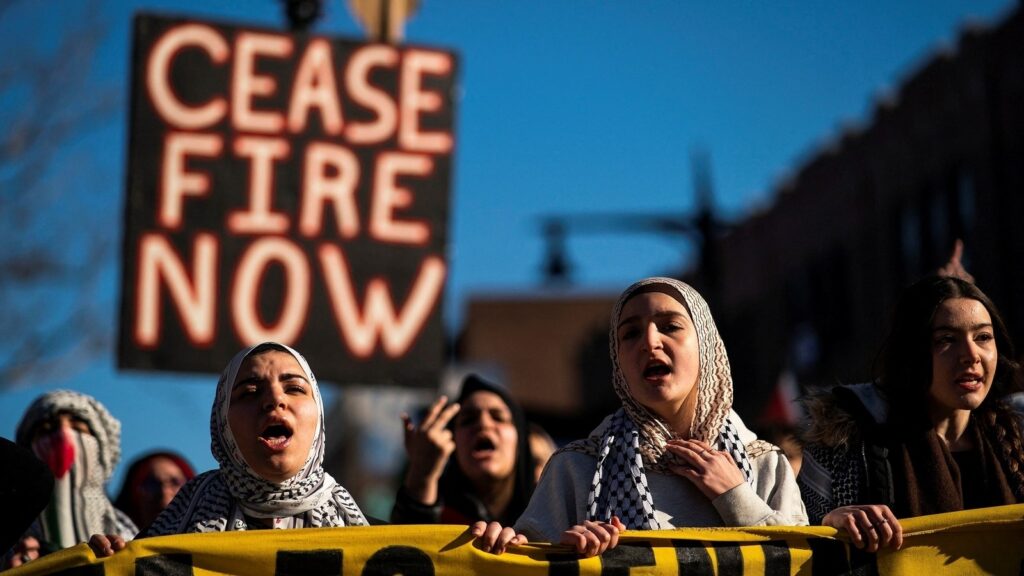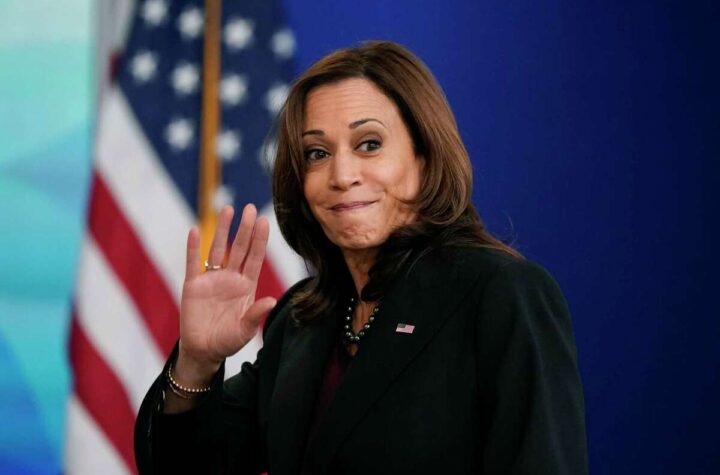The Joe Biden administration has submitted a new draft resolution to the United Nations Security Council, calling for a temporary ceasefire in the Israel-Hamas conflict. This marks a change from the previous reluctance to use the term “ceasefire” in UN resolutions regarding the conflict. The draft also opposes a significant ground offensive by Israel in Rafah.
The proposed resolution emphasises support for a temporary ceasefire in Gaza, conditioned on the release of all hostages, and advocates for the unrestricted delivery of humanitarian aid. It urges the Security Council to support a temporary ceasefire in Gaza as soon as possible, contingent on the release of all hostages, and calls for the removal of barriers to humanitarian assistance.
The United States intends to allow time for negotiations and does not plan to rush to a vote, according to a senior U.S. administration official.
The resolution underscores concerns about potential harm to civilians and displacement if Israel proceeds with a major ground offensive into Rafah. It specifically addresses the implications of Israel’s plans to enter Rafah, where many Gaza residents have sought refuge, highlighting the risks to regional peace and security.
Historically, the U.S. has shielded Israel from UN actions, but this resolution represents a departure from that approach. The introduction of this text serves as a warning to Israel, indicating that it cannot rely on indefinite American diplomatic protection, according to Richard Gowan, Director of the International Crisis Group’s UN office.
The draft resolution also condemns Israeli government ministers’ calls for Jewish settlers to relocate to Gaza and opposes any demographic or territorial changes violating international law. It rejects actions that diminish Gaza’s territory, including the establishment of buffer zones and the widespread demolition of civilian infrastructure.
The U.S. signalled a veto against an Algerian-drafted resolution demanding an immediate humanitarian ceasefire, citing concerns about its potential impact on ongoing negotiations involving the U.S., Egypt, Israel, and Qatar.
Israel’s response to the U.S. draft resolution is pending. The nuanced approach of the U.S. draft signals a departure from unconditional diplomatic protection for Israel at the UN, adding complexity to international efforts to address the Israel-Hamas conflict.











More Stories
2024 Race: Who is Kamala Harris and What is Her Connection to India?
A lawsuit has been filed against American Airlines by Black men alleging racial discrimination.
Palestinian UN Membership Bid Stalls as Security Council Deadlocks